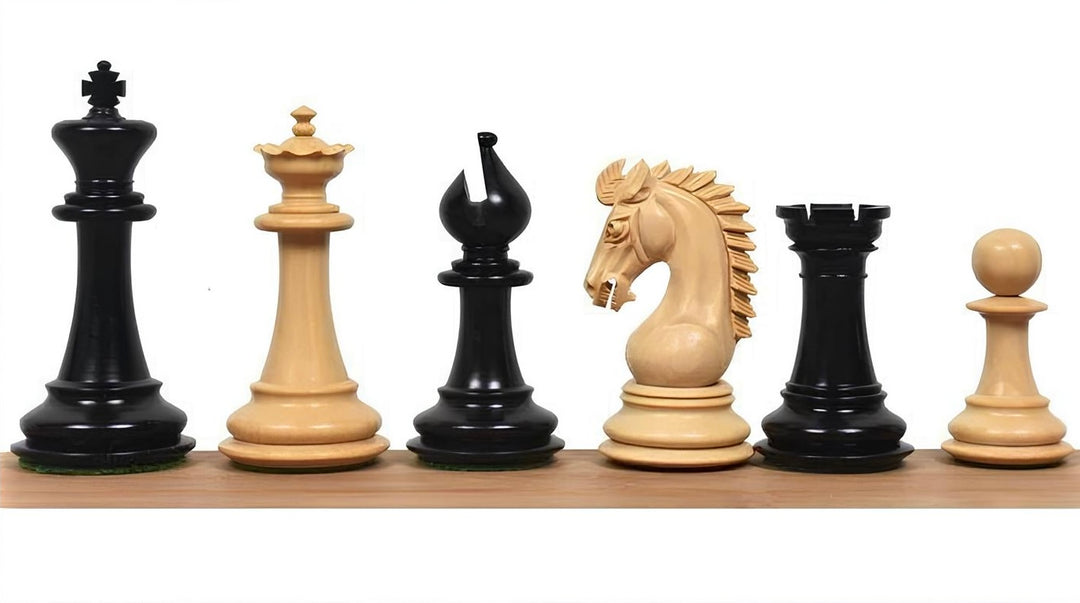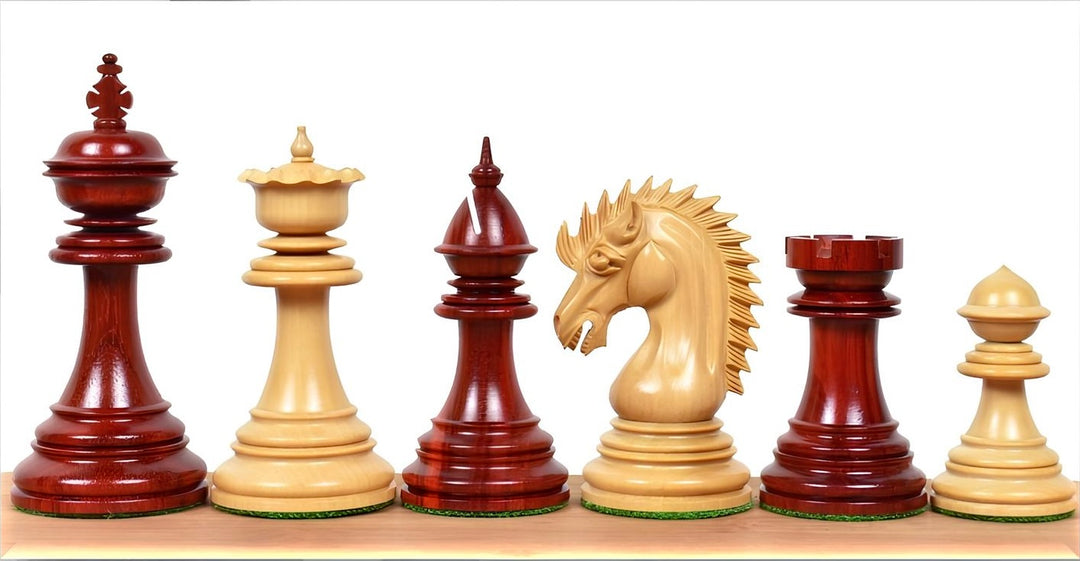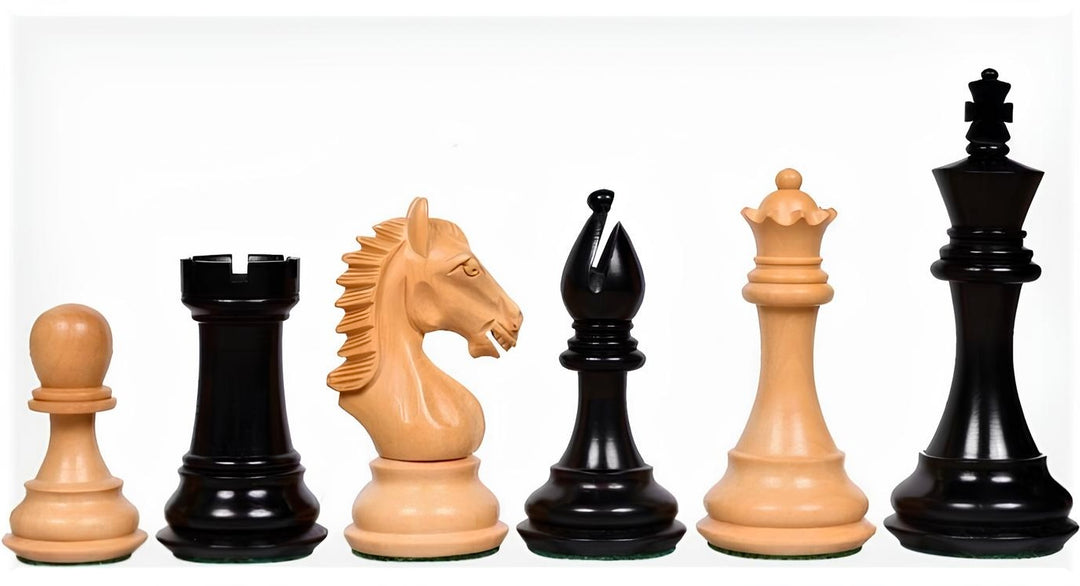The question of whether chess should be classified as a sport is a topic of debate with strong opinions on both sides. The traditional view of sports involves physical exertion, athleticism, and sometimes direct physical interaction, but does the intellectual rigor and competitive nature of chess qualify it to be considered alongside these physical disciplines? We will explore various perspectives and criteria to understand this debate better.
Definition of Sport
The definition of what constitutes a sport varies by organization and context. The Oxford Dictionary defines sport as an activity involving physical exertion and skill in which an individual or team competes against another or others for entertainment. Under this definition, the aspect of physical exertion would seem critical, potentially excluding chess from being called a sport. However, the International Olympic Committee (IOC) and many sporting authorities recognize chess as a sport. These bodies emphasize the elements of competition, organized rules, and a global structure that chess clearly possesses.
International Recognition of Chess
Chess has been acknowledged as a sport by the International Olympic Committee since 1999. Moreover, chess federations across the globe are recognized by their respective national sports authorities and Olympic committees. Such recognition brings chess under the same administrative umbrella as more physical sports, subjecting it to regulations regarding doping and ethics that align with traditional athletic competitions.
Physical Aspects of Chess
While chess does not involve running, jumping, or throwing, it does require stamina and physical endurance. Professional chess players can burn up to 6,000 calories a day during tournaments, according to reports, just by sitting and thinking, which demonstrates significant mental exertion and physical stress. Players undergo rigorous preparations, often including physical training, to improve concentration and reduce stress during tournaments.
Perspectives from Chess Players
Many professional players themselves see chess as a sport. Grandmasters like Magnus Carlsen and Viswanathan Anand treat their preparation and play regiment as athletes would. This includes physical exercise regimes, strict diet plans, psychological preparations, and strategic game preparations. They compete in tournaments that are structured in ways similar to athletic leagues, with clear rules, referees, and championship titles.
Chess as a Mental Sport
As an alternative to traditional physical sports, chess is often considered a mind sport by its advocates. Like competitive programming or mathematics olympiads, chess involves deep cognitive skills, strategic planning, and psychological endurance. In this view, athleticism of the mind is just as challenging and worthy of acclaim and recognition as physical athleticism. Chess promotes mental sharpness, problem-solving skills, and quick thinking, aspects that are crucial in many traditional sports.
Conclusion
The debate over whether chess is a sport can hinge significantly on one’s definition of sport. If physical exertion is a mandatory criterion, chess may not fit the mold. However, if we consider competition, structured play, mental rigor, and the existence of professional leagues and championships as qualifiers, chess meets all the criteria of a sport. Perhaps most critically, its recognition by the International Olympic Committee and inclusion in the Asian Games as a sport gives it a formal endorsement in the global sports community.
Ultimately, chess straddles the line between being a traditional sport and a mind sport, encompassing elements of both and expanding our understanding of what competitive play can mean. Whether seen through the lens of its physical demands, its mental challenges, or its structured competition, chess offers a unique blend that challenges the boundaries of what we define as sports.
Explore our large collection of luxurious chess sets!






















































Leave a comment